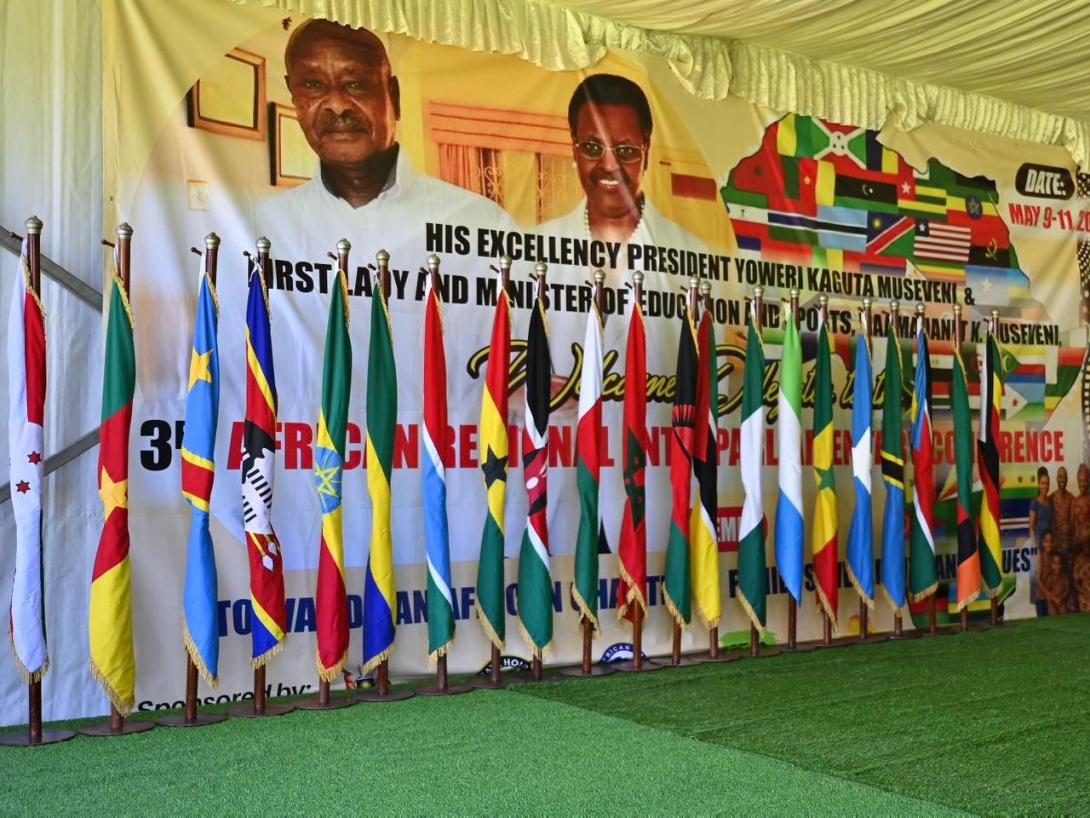
By Sylvia Mesesi
The preamble frames the Charter as both a defense and a declaration. It acknowledges Africa’s long-standing commitment to universal human rights but warns that many modern treaties and aid agreements come with hidden conditions that undermine African values. These often promote policies on abortion, sexual orientation, gender identity, and comprehensive sexuality education, policies that African leaders argue clash with African traditions and weaken parental authority. The Charter calls for African unity in resisting these pressures, protecting natural resources, and building societies rooted in Africa’s own values.
Chapter I outlines the objectives and principles. At the heart of the Charter is the recognition of the family (specifically marriage between a man and a woman) as the natural and fundamental unit of society. It commits governments to protect the family, strengthen sovereignty, and preserve cultural diversity. It also urges policymakers to ensure that every law, treaty, and agreement supports families rather than undermines them. Equality before the law, non-discrimination, and fairness are listed as guiding principles.
Chapter II focuses on families and cultural values. It describes children as blessings and the greatest national treasure, to be raised with love and guidance by parents, extended families, and communities. Parents are affirmed as the primary decision-makers for their children’s education, health, and moral upbringing, with governments forbidden from signing treaties that erode parental rights or impose controversial sexuality programs. Elders and ancestors are honored as keepers of wisdom. In terms of culture, the Charter calls on states to reform education, elevate African languages, traditions, and attire, and resist cultural imperialism. It celebrates virtues such as respect, unity, honesty, hospitality, hard work, and morality as essential for society’s well-being.
Chapter III expands the defense of sovereignty across multiple areas:
- Political sovereignty: Africa must stand united, resist neo-colonialism, avoid proxy wars, and object to treaties or sanctions that compromise independence. International agreements should never impose sexual and reproductive health rights or gender ideology without regard for African traditions.
- Economic sovereignty: States are urged to fight corruption, reduce debt, add value to Africa’s raw materials, and become self-reliant rather than dependent on conditional aid. Aid, if accepted, should serve production and development, not consumption.
- Natural resources: Africa’s wealth in minerals, land, and forests must be used wisely for current and future generations. Communities must be consulted, resources processed locally, and unfair trade practices resisted.
- Education: Schools should teach science, technology, and critical thinking while also embedding African history, languages, and culture. Harmful foreign ideologies should be excluded. Comprehensive sexuality education is explicitly rejected; any form of sex education must be reviewed and approved by parents, grounded in African values, and free from outside influence.
- Health: African nations must retain the right to set their own health policies, including on vaccines and reproductive health. The Charter rejects any “right to abortion,” calls for strengthening traditional medicine, and defends parents’ authority in healthcare decisions for their children. International health agencies must respect African sovereignty and ethics.
- Food: Africa should protect indigenous seeds and food varieties, promote agroecology, and support smallholder farmers. GMOs and harmful chemicals are discouraged, while intra-African trade in agriculture and food security systems are encouraged. The vision is for Africans to feed themselves with their own resources rather than rely on foreign corporations or imports.
Chapter IV establishes a permanent Committee on the African Family, Sovereignty and Values within the African Union. This body of eleven independent experts will oversee the Charter’s implementation, monitor threats, and advise governments. States must submit regular reports on their progress, and the Committee can receive communications from individuals or organizations, carry out investigations, and interpret the Charter when disputes arise.
The final provisions explain how the Charter will take effect. Once fifteen AU member states ratify it, it becomes binding. It can later be amended with the approval of two-thirds of member states.
The Charter is both a shield and a roadmap. It shields Africa from ideologies and pressures that undermine its families and traditions, while charting a path toward self-reliance in politics, economics, resources, education, health, and food. It is both a defense of Africa’s heritage and a forward-looking vision for a continent determined to stand on its own terms.